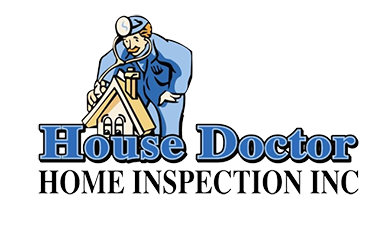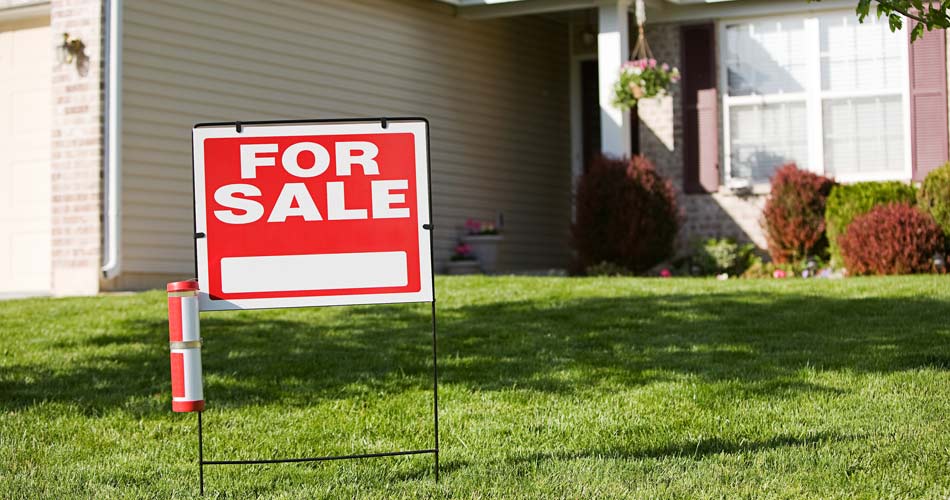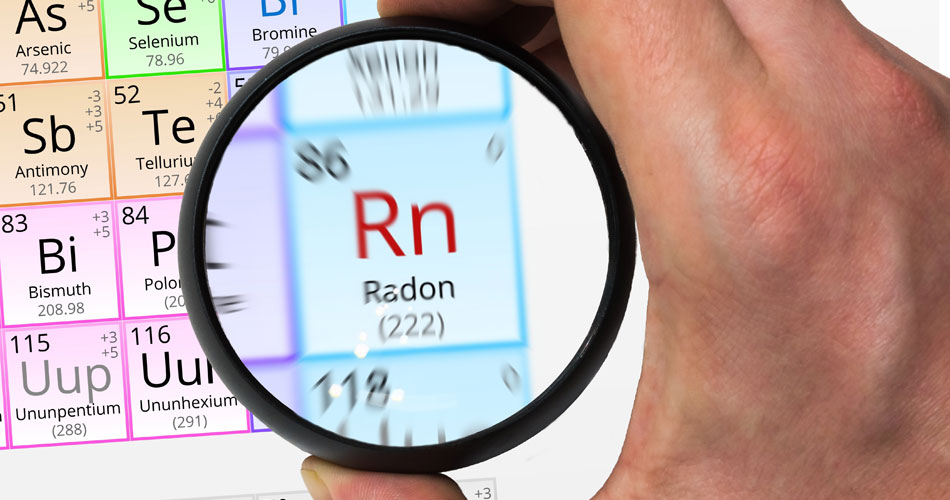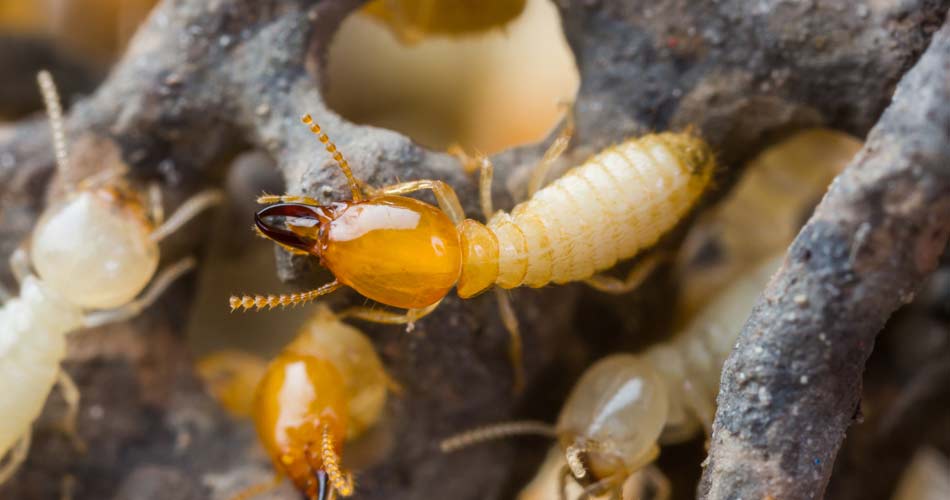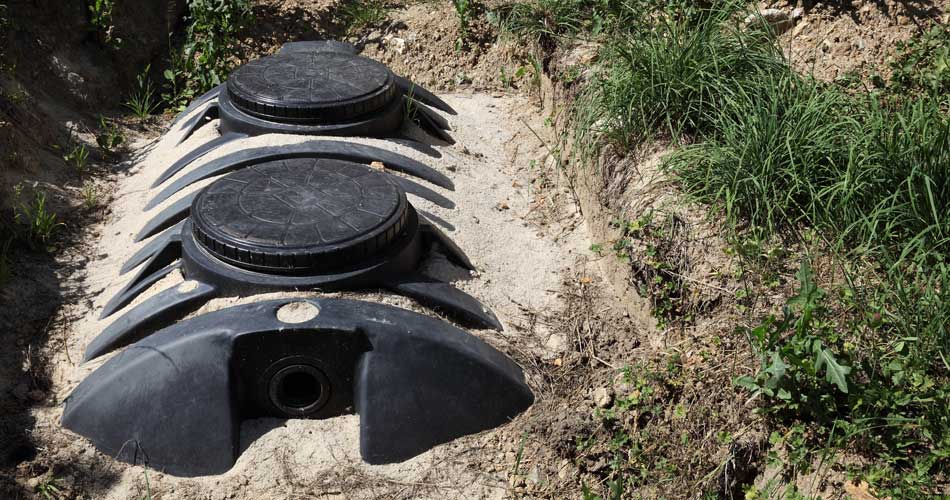Inspection Services
House Doctor Home Inspection INC. offers professional home inspection services to all of Rhode Island. We adhere to ASHI’s and InterNACHI’s excellent Standards of Practice in order to provide an inspection service that succeeds in revealing evidence-based facts about a property’s design and overall condition.
BOOK YOUR INSPECTION TODAY
Our expert inspectors will guide you through the home buying or selling process by diagnosing and explaining a home’s condition and maintenance needs. Contact us today!*
*Military and Veterans discount available.
